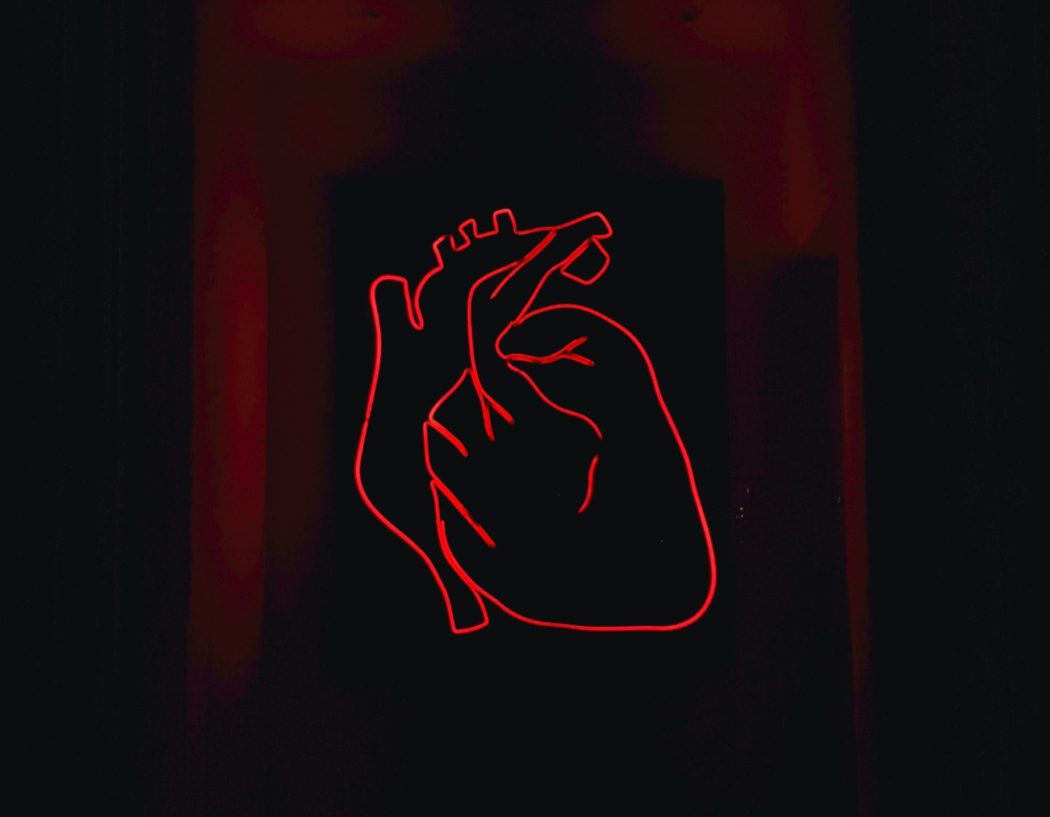Opinion: Abuse is everyone’s problem.
In April, as the specter of the virus began to make itself known worldwide, another public health crisis unfortunately found itself on the rise: intimate partner violence (IPV).
Abuse in all its forms has long been an issue, but an increase in confinement and isolation has proven to be a catalyst for abusive behaviors while serving to intensify already-present circumstances of abuse.
Intimate partner violence, or domestic abuse, is one of many forms of abuse. Abuse, harassment, and assault can manifest uniquely depending on the circumstances and individuals involved and can sometimes be difficult to recognize. The Sexual Assault and Anti-Violence Information (SAAVI) Office here at USU has shared helpful definitions and ways to help us identify violence, harassment or abuse in our own lives.
We are all familiar with the complexities of life, just as none of us are strangers to the pain that comes with human relationships. At times we have been harmed by someone, often by those closest to us. In other instances, we have imposed that same harm onto another.
It can be easy to treat this duality as dissonance, but I think that we grow when we accept both sides of the coin. To be human is to both inflict harm and feel hurt. But we can minimize the extent of our harm, through fostering an awareness of how our capacities to hurt others are inadvertently nurtured.
Sometimes these behaviors become normalized within relationships, but they can also be enabled in cultural and social spheres, making it important to discuss the realities of abuse in social and public spaces.
For example, myths surrounding gender can obscure the reality that everyone, regardless of gender identity or sexual orientation, can find themselves abused or abusing. Not confronting gender stereotypes or addressing cultural expectations associated with gender can limit our understanding of how to prevent emotional and physical abuse or limit our ability to help ourselves and others heal from those circumstances.
When we don’t hold ourselves accountable for the environments we foster and create – whether at work, in the classroom, or in our recreational spaces – we not only fail our communities, but we fail ourselves as well. While organizations like USU’s SAAVI, or the Rape, Abuse & Incest National Network (RAINN) offer free support and hotlines, we as individuals also have to do the necessary work that comes with participating in social life.
Abuse is everyone’s problem. Harm may never disappear in this world. Regardless of whether human nature or nurturing is to blame for that, we have a collective responsibility to understand harm in all its forms in order to better address it as well as prevent it – we all have a role to play.
If you think you or someone you know may benefit from information regarding abuse, assault, or harassment, here are a few resources for seeking help, offering help, or learning more:
USU Sexual Assault and Anti-Violence Office (SAAVI)
Taggart Student Center 311
Phone: (435) 797-7273
saavi@usu.edu
Counseling and Psychological Services (CAPS)
Taggart Student Center 306
Phone: (435) 797-1012
https://aggiewellness.usu.edu/
USU Reporting Options
https://www.usu.edu/equity/report
Sexual Respect on Campus
https://www.usu.edu/sexual-respect/
Citizens Against Physical and Sexual Abuse (CAPSA)
24-hour Crisis Hotline: (435) 753-2500
RAINN Sexual Assault Hotline
(800) 656-HOPE
https://www.rainn.org/index.php

Taelor is the opinion manager for the Statesman. She grew up in Raleigh, North Carolina. She is an avid reader, drinks coffee religiously, and makes music sometimes.
—opinion@usustatesman.com

